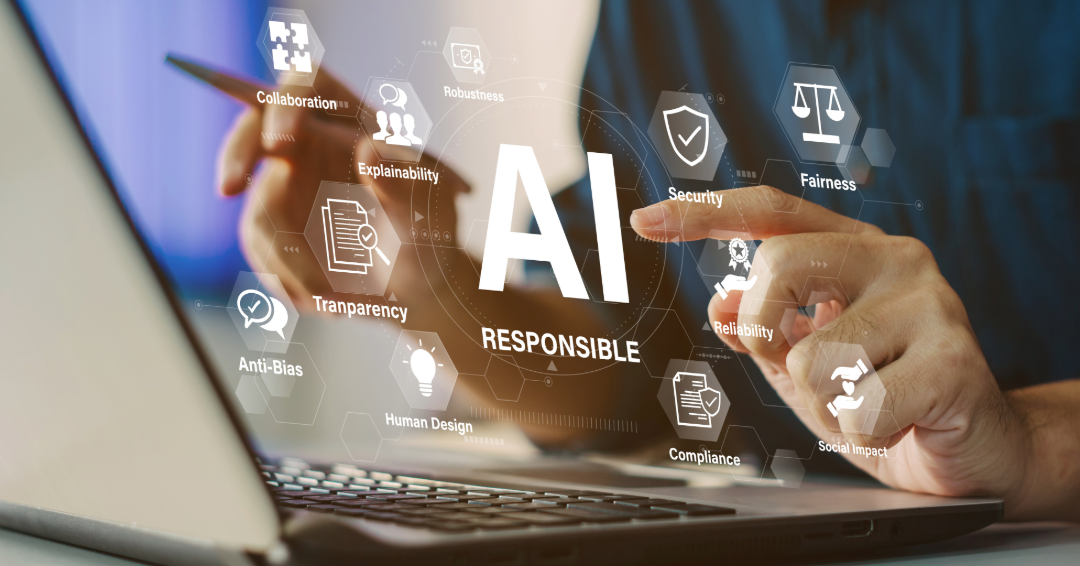Artificial Intelligence is no longer an emerging trend—it’s embedded in our everyday decisions. From job candidate screenings to loan approvals, healthcare diagnostics to personalized ads, AI is silently shaping outcomes that affect real lives.
But as machines gain influence, one crucial question remains:
Who governs the algorithm?
In 2025, the conversation has shifted. It’s no longer just about how powerful AI can be—it’s about how fair, transparent, and accountable it must be. This is where ethical governance comes in—not as an afterthought, but as an essential foundation.
⚖️ AI Is Powerful—And Potentially Problematic
As AI systems become more advanced, the risks tied to bias, opacity, and unchecked decision-making grow exponentially. Many algorithms function as black boxes: input goes in, decisions come out—but few understand how or why those decisions were made.
Without proper oversight, this can lead to:
- Discriminatory hiring or credit practices
- Misdiagnoses in health predictions
- Unjust surveillance and privacy breaches
- Lack of recourse for people impacted by algorithmic decisions
As highlighted by the OECD’s AI Principles and Governance Guidelines, transparency, accountability, and human oversight are now globally recognized as critical to responsible AI development.
🔍 What Is AI Governance?
AI governance refers to the structures, frameworks, and processes that ensure AI is developed and used responsibly. It focuses on aligning algorithmic outcomes with ethical values, legal standards, and organizational goals.
Core principles of AI governance include:
- 🧠 Explainability – Users must understand how an AI system works
- 📊 Auditability – Independent checks on AI decisions and data
- 🧬 Fairness – Avoiding discrimination and bias across demographics
- 🔐 Privacy – Safeguarding personal data through responsible use
- ⚙️ Accountability – Clearly defined responsibility for AI decisions
- ⏱️ Real-Time Oversight – Continuous monitoring and adaptation
Without governance, AI operates in the dark. With it, we illuminate the path toward ethical technology.
📚 How Governancepedia Helps Demystify AI Ethics
At Governancepedia, our mission is to turn complex oversight topics into accessible, usable knowledge. That includes the world of AI.
We provide:
✅ Open Frameworks for AI policy implementation
✅ Use Cases of ethical AI governance in industries like healthcare, finance, and law
✅ Checklists & Guides for responsible deployment
✅ Glossaries that explain technical and ethical terms in simple language
✅ Community-Driven Articles to promote shared learning across sectors
Whether you’re a tech developer, policymaker, or simply curious about how machines make decisions—Governancepedia gives you the tools to ask better questions and build smarter systems.
🌐 The Future of AI Needs Human Values
AI will only grow more powerful—but it doesn't have to grow less human. Ethical governance is our best tool to ensure AI serves society fairly and transparently.
Let’s stop thinking of governance as a restriction—and start seeing it as a responsibility.
🔗 Visit us at www.governancepedia.com
🤖 Explore how real governance can shape better algorithms.

